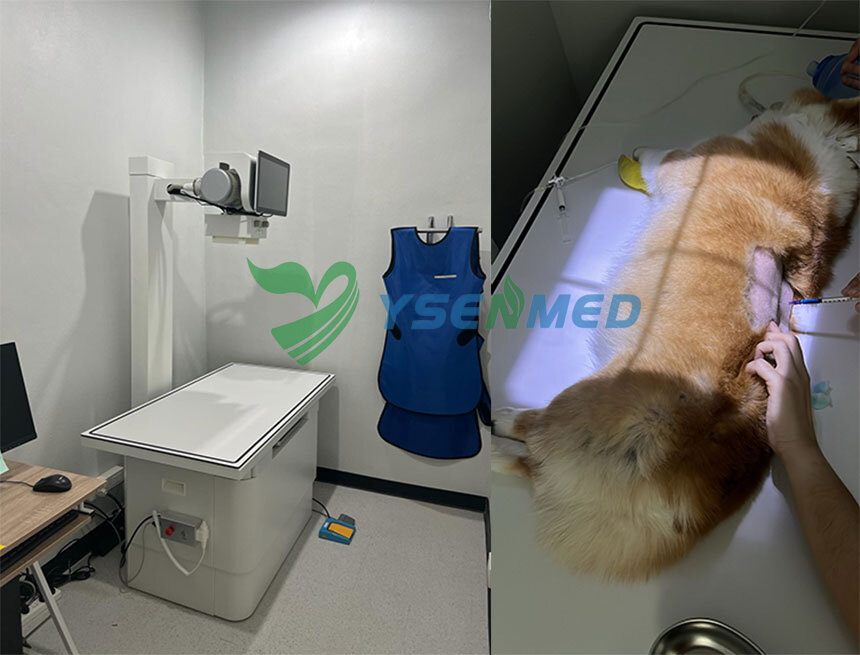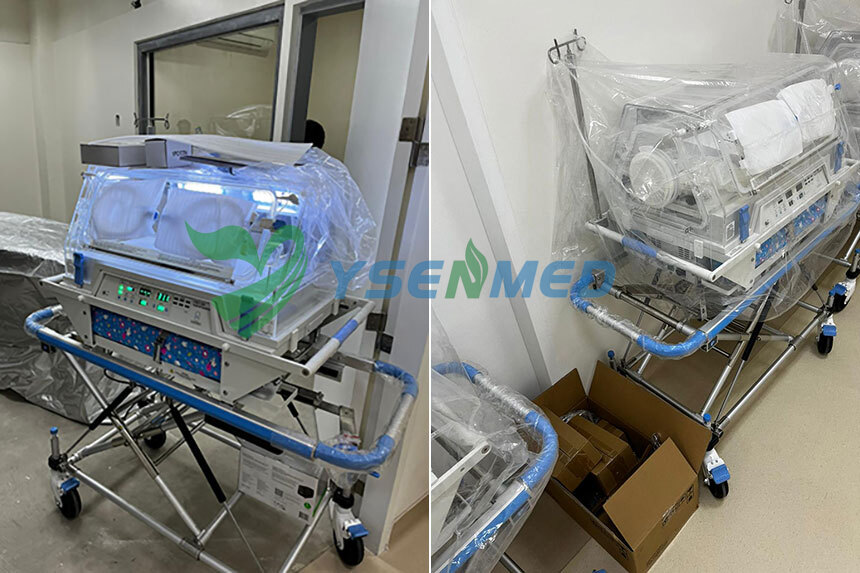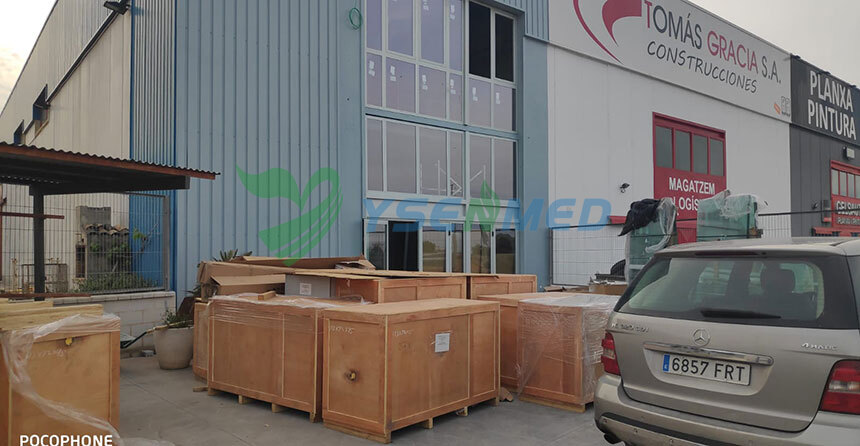Introduction:
Table-type low-speed centrifuges have become indispensable tools in biomedical research, revolutionizing the way scientists study and understand various biological processes. These centrifuges provide a means to separate and isolate different components of biological samples based on their density gradients. In this article, we will explore the significant role that table-type low-speed centrifuges play in biomedical research and how they contribute to advancements in the field.
Cell Culture and Tissue Engineering:
Table-type low-speed centrifuges are extensively used in cell culture and tissue engineering studies. They enable researchers to separate cells from culture media, concentrate cells for further analysis, and isolate specific cell types. By harnessing controlled centrifugal forces, scientists can obtain highly purified cell populations, allowing them to delve into cellular behavior, gene expression, and signaling pathways.
Protein Purification and Analysis:
Proteins are vital components of living organisms and are extensively studied in biomedical research. Table-type low-speed centrifuges facilitate protein purification by separating proteins from other cellular components based on their molecular weight or density. This technique is crucial for protein characterization, enzymatic studies, and drug development. Additionally, these centrifuges aid in protein-protein interaction analysis and protein folding dynamics.
DNA and RNA Extraction:
In molecular biology research, the extraction of DNA and RNA is a fundamental step. Table-type low-speed centrifuges are employed to separate nucleic acids from cellular debris, proteins, and other contaminants. This process enables scientists to obtain high-quality genetic material for applications such as PCR amplification, gene sequencing, and gene expression analysis.
Microbiology Research:
Microbiologists rely on table-type low-speed centrifuges for various applications. They are used to concentrate microorganisms from liquid cultures, facilitating the study of microbial growth, metabolism, and response to environmental factors. Furthermore, these centrifuges aid in the isolation of bacteria, viruses, and fungi from complex samples, enabling researchers to identify and characterize pathogenic microorganisms.
Drug Discovery and Development:
Table-type low-speed centrifuges play a crucial role in drug discovery and development. They are used to separate drug compounds from complex mixtures, ensuring the production of pure and high-quality drugs. Additionally, these centrifuges aid in formulation development by facilitating the separation and concentration of drug-loaded carriers, such as liposomes or nanoparticles.
Clinical Diagnostics:
In clinical diagnostics, table-type low-speed centrifuges are essential tools for separating blood into its components, such as red blood cells, plasma, and platelets. This allows for the analysis of various blood parameters, aiding in the diagnosis and monitoring of diseases. These centrifuges also contribute to blood banking by preparing blood products for transfusion.
Stem Cell Research:
Table-type low-speed centrifuges are instrumental in stem cell research. They aid in the isolation and purification of stem cells from complex biological samples, enabling scientists to study their differentiation potential and therapeutic applications. These centrifuges also facilitate the separation of differentiating stem cells based on their density gradients.
Veterinary Medicine:
Table-type low-speed centrifuges find applications in veterinary medicine for various purposes. They aid in the analysis of animal samples, such as blood, urine, and tissue homogenates, contributing to disease diagnosis and monitoring in animals. These centrifuges also play a role in veterinary research by enabling the isolation and characterization of animal-specific pathogens and biomarkers.
Conclusion:
Table-type low-speed centrifuges have revolutionized biomedical research by providing researchers with a powerful tool for separation, isolation, and analysis of various biological components. From cell culture and protein purification to DNA extraction and clinical diagnostics, these centrifuges have found applications in diverse areas of biomedical research. As technology continues to advance, we can expect further innovations in centrifuge design and capabilities, leading to breakthroughs in understanding disease mechanisms, drug development, and therapeutic interventions.
Certainly! Here's the continuation of the article:
Blood Banking and Clinical Diagnostics:
Table-type low-speed centrifuges are essential in blood banking and clinical diagnostics. They are used to separate whole blood into its components, such as red blood cells, plasma, and platelets. This enables the preparation of blood products for transfusion and the analysis of various blood parameters, including hematocrit levels, cell counts, and coagulation factors. These centrifuges play a critical role in diagnosing and monitoring diseases, as well as ensuring the safety and efficacy of blood products.
Veterinary Medicine:
In veterinary medicine, table-type low-speed centrifuges find applications in various areas. They are used to separate and analyze animal samples, such as blood, urine, and tissue homogenates. These centrifuges aid in diagnosing diseases in animals and monitoring their health. Additionally, they facilitate the isolation and characterization of animal-specific pathogens and biomarkers, contributing to advancements in veterinary research.
Forensic Science:
Forensic scientists rely on table-type low-speed centrifuges for the analysis of forensic samples. These centrifuges are used to separate cellular components and extract DNA from samples such as bloodstains, hair follicles, and saliva. By isolating DNA, forensic experts can establish identities, determine relationships between individuals, and provide crucial evidence in criminal investigations.
Pharmaceutical Research:
Table-type low-speed centrifuges play a crucial role in pharmaceutical research and development. They are used to separate and purify active pharmaceutical ingredients (APIs) from complex mixtures, ensuring the production of high-quality drugs. Additionally, these centrifuges aid in the formulation and characterization of drug delivery systems, such as liposomes and nanoparticles, by facilitating the separation and concentration of drug-loaded carriers.
Agricultural and Food Science:
Table-type low-speed centrifuges have applications in agricultural and food science research. They are used to analyze soil samples for nutrient content, separate plant tissues for genetic analysis, and concentrate food samples for quality control purposes. These centrifuges aid in studying plant physiology, crop improvement, and food safety, contributing to advancements in agriculture and food production.
Conclusion:
Table-type low-speed centrifuges have revolutionized biomedical research by providing researchers with a powerful tool for separation, isolation, and analysis of various biological components. From cell culture and protein purification to forensic science and pharmaceutical research, these centrifuges have found applications in diverse areas of biomedical research. Their versatility, efficiency, and reliability make them indispensable in laboratories worldwide.




